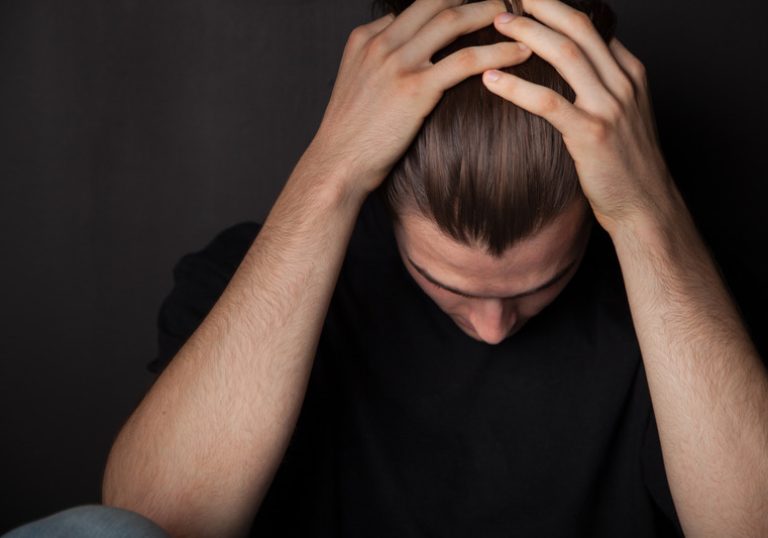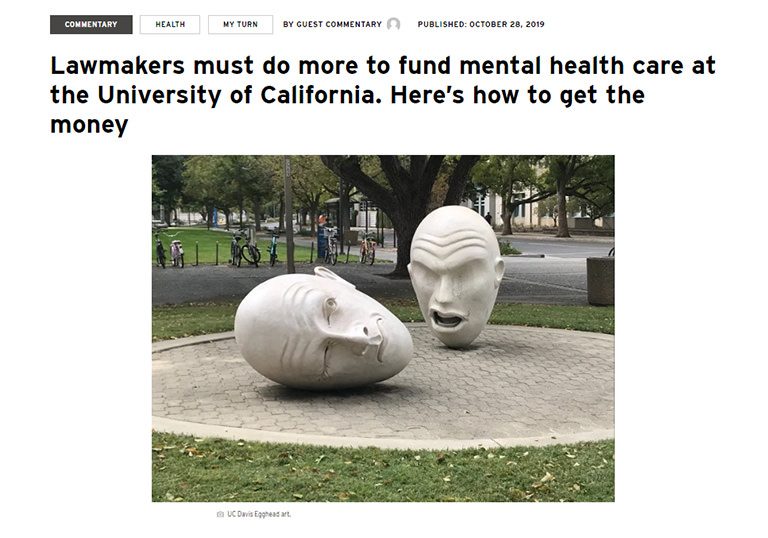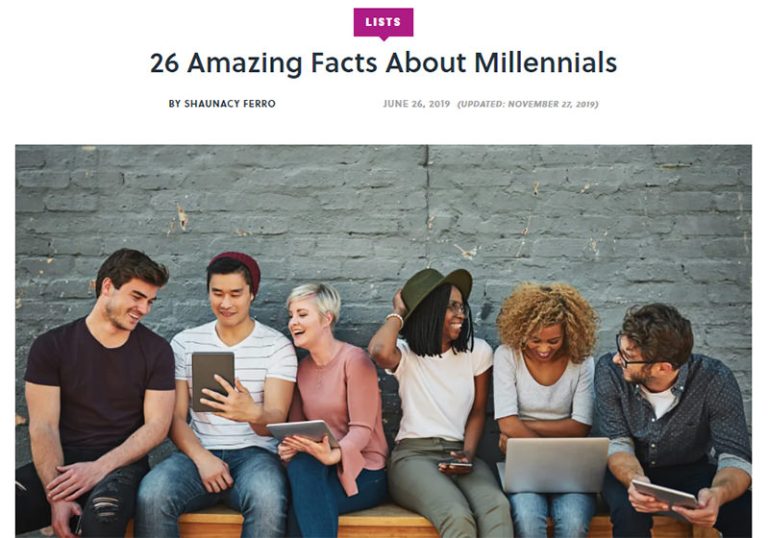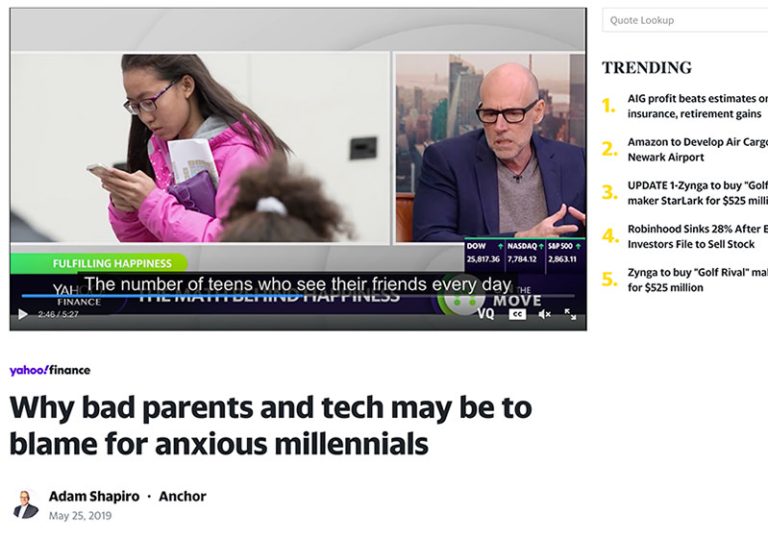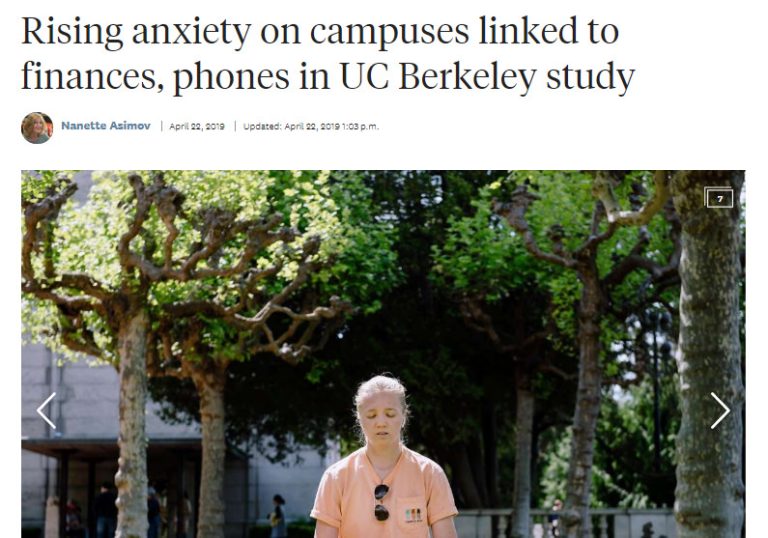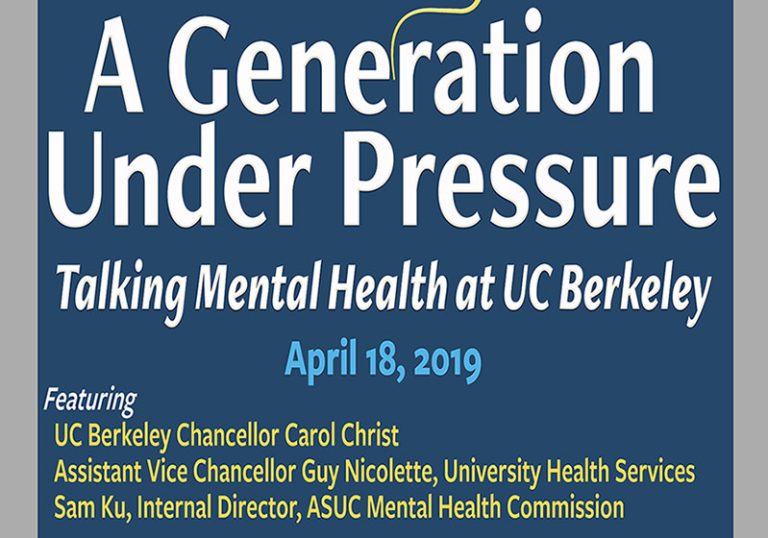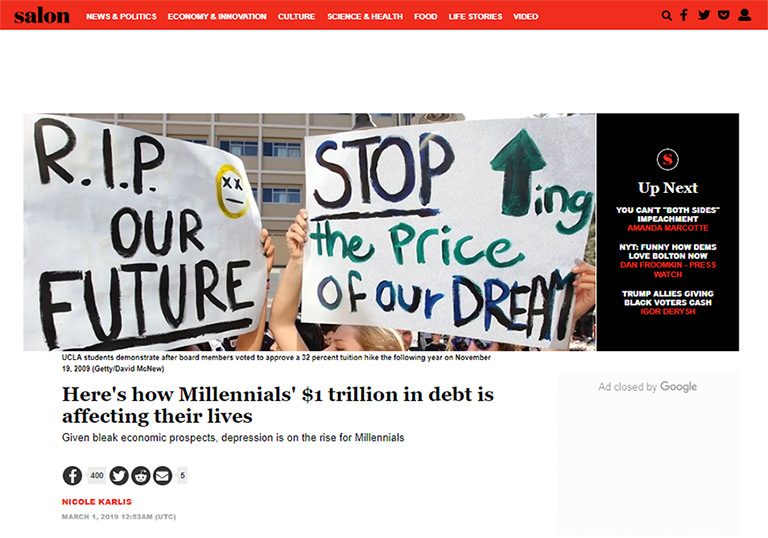By Julie Madsen, The Daily Californian
In an effort to address the mental health climate at UC Berkeley, the Berkeley Institute for the Future of Young Americans and the Goldman School of Public Policy hosted a conversation Thursday titled “A Generation Under Pressure: Talking Mental Health at UC Berkeley.”
After preliminary results were released from a mental health study by emeritus professor of public health and public policy Richard Scheffler, Chancellor Carol Christ, Assistant Vice Chancellor for University Health Services Guy Nicolette and student representative of the ASUC Mental Health Commission Sam Ku discussed what the campus should do to better help students deal with mental health on the panel.
During the panel discussion, Ku explained that anxiety is an integral part of the undergraduate experience at UC Berkeley, citing what they called, a “race to the bottom” culture that the campus fosters. Students compare how little sleep or food they function on while studying for a midterm in order to compete with each other, Ku said.
“It’s hard to conceptualize a Berkeley education nowadays without this academic stress,” Ku said.
Christ said she was “horrified” after speaking to a freshman at Bowles Hall who shared that his professor advised students that in a 12-hour day, they should spend 11 hours on classes, half an hour on exercise and the remaining 30 minutes on “eating and friendship.”
Christ stressed at the panel that the campus must undergo a “huge education project” with faculty to make them more aware of the messages they send to students, which may be increasing students’ level of stress.
Scheffler said he hopes that the faculty is able to reflect and take into account the amount of stress students are going through when engaging with students in office hours. Parents, he said, also must understand that anxiety is not a normal part of the transition from leaving home. Students need support from their parents, he added.
While Scheffler’s study showed that increased screen time correlates with anxiety, Ku said people should not “villainize” social media as a cause for anxiety, as it can be a tool to express society. One way to wield social media to combat mental illness is to share empowering content instead of negative experiences in order to rewrite the script that constant anxiety is normal.
“Screen time is a symptom — it is not the only problem, and I think the more effort and energy into diminishing screen time, while that might sound good, I think there’s probably a limit to its effectiveness,” Nicolette said. “Let’s figure out why that symptom exists and use it as part of the diagnostic.”
The 2016 study revealed that within the UC system, female, Black and white students were among the highest percentage of students diagnosed or treated for anxiety disorder in the last 12 months.
Generally, the data shows that anxiety levels increase as students go further in their college career, Scheffler said, with 24.9 percent of fifth-year students and 21.9 percent of juniors being diagnosed or treated for anxiety within the last 12 months. He said one theory that may account for this data is that anxiety increases as students in their junior and senior years begin looking for jobs or graduate schools.
“I’m hoping these numbers set you back in your chair, and you understand how serious this epidemic is,” Scheffler said to the audience. “I can tell you there is nothing that I’ve seen that suggests that it is slowing down at all. In fact, on the contrary, it looks like it’s increasing more dramatically.”

